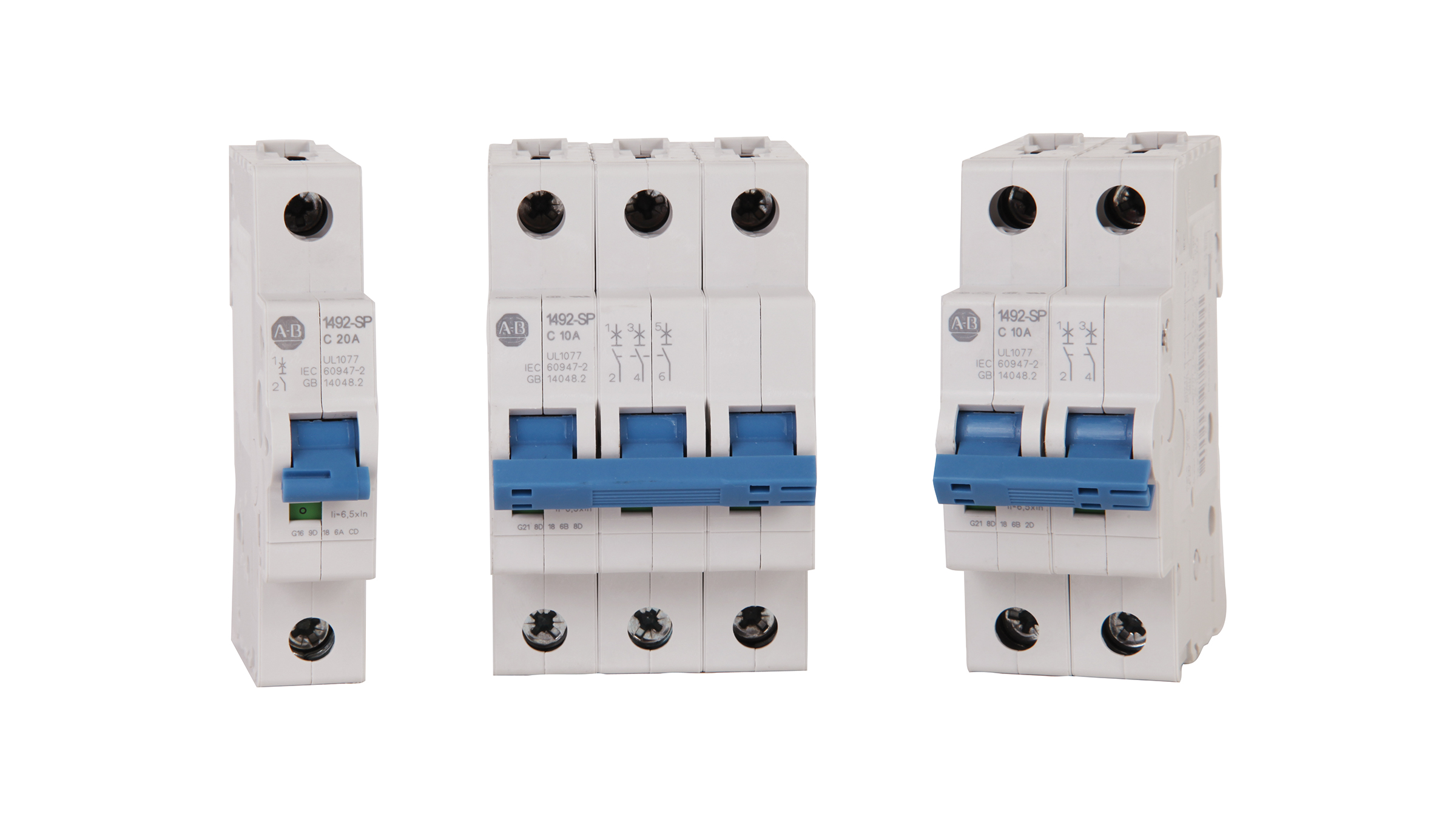Electricity is a vital component in our homes, but it can also be dangerous if not adequately managed. A sudden electrical surge or overload can potentially damage your appliances and cause a fire. This is where protective devices such as fuses and circuit breakers come in handy. While both fuses and circuit breakers serve the same purpose of protecting electrical systems from damage, they have some distinct differences. In this article, we delve into the difference between a fuse and circuit breaker.
Fuses
A fuse is a protective device that breaks an electrical circuit when the current is too high, preventing any further electrical flow. It comprises a thin wire that melts to break the connection and protect devices from overheating or overload. Fuses are available in different sizes and amperage ratings to accommodate different levels of electrical currents. Fuses are generally cheaper than circuit breakers, but they are also less convenient since you have to replace them whenever they blow out.

Circuit Breakers
A circuit breaker is another protective device used to guard against sudden spikes or overloads in an electrical system. Circuit breakers use an electromagnet to trigger a spring-release switch, breaking the electrical circuit when the current rises to a dangerous level. Circuit breakers have a distinct advantage over fuses, as they can be reset once the problem has been addressed. They are also available in different sizes and amperage ratings.

The Key Differences
While both fuses and circuit breakers are protective devices for an electrical system, they have some differences. Here are some key differences between fuses and circuit breakers:
- Fuses are cheaper than circuit breakers.
- Fuses have to be replaced, whereas circuit breakers can be reset.
- Circuit breakers are more convenient than fuses.
- Fuses have a lower interrupting rating, which means they are less capable of breaking circuits under high currents.
- Circuit breakers offer more precise protection than fuses because they can identify problems such as ground faults and short circuits.
Conclusion
Fuses and circuit breakers are essential components for protecting your electrical systems from damage. Each of these devices has its merits and demerits. While fuses have a lower purchase price, they are less convenient and have a lower interrupting rating. Circuit breakers are more expensive, but they offer more precise protection and can be conveniently reset once tripped. It is advisable to consider your electrical needs carefully and consult with an electrician to determine which of the protective devices is best for your home.
Table difference between a fuse and circuit breaker
| Feature | Fuse | Circuit Breaker |
|---|---|---|
| Function | Protect against electrical overloads and short circuits | Protect against electrical overloads, short circuits, and ground faults |
| Construction | Consists of a metal wire or filament that melts when overloaded, breaking the circuit | Consists of a switch that automatically trips or breaks the circuit when overloaded |
| Reset | Cannot be reset but must be replaced once tripped | Can be easily reset after tripping by flipping the switch back on |
| Sensitivity | Not adjustable, and may take longer to respond to overloads | Adjustable and can respond more quickly to overloads |
| Cost | Less expensive than circuit breakers | More expensive than fuses |
| Popularity | Less commonly used in modern electrical systems | More commonly used in modern electrical systems |
